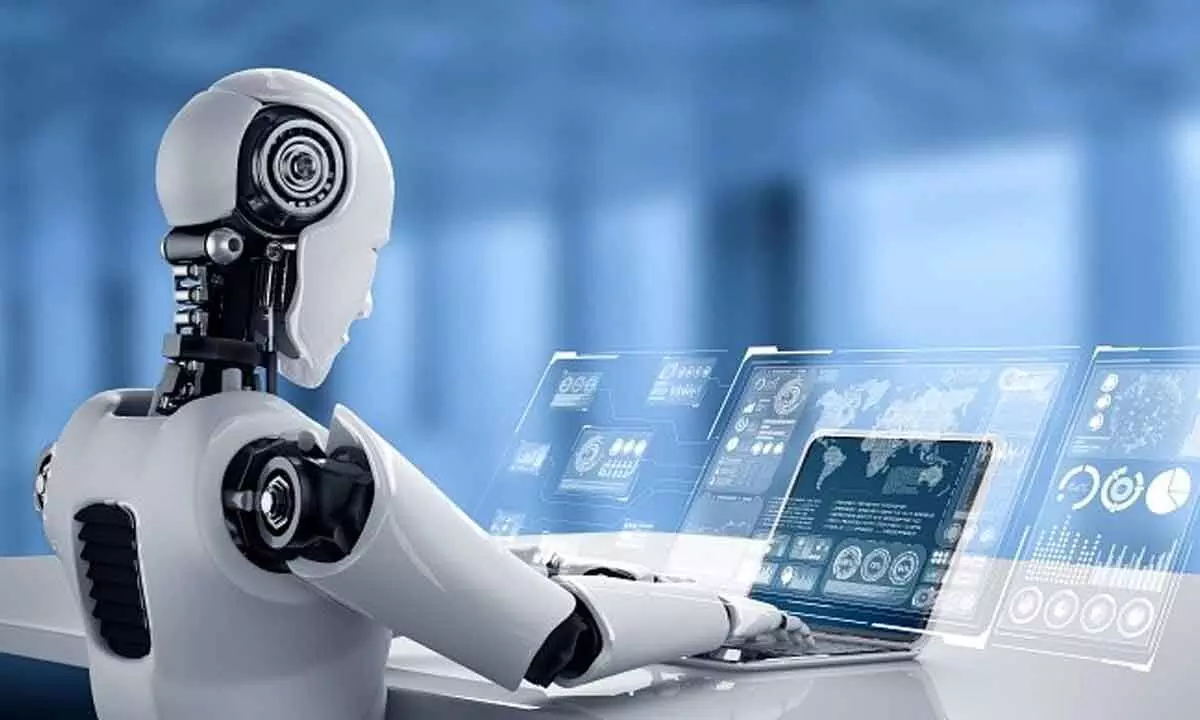AI to Disrupt Workforce: Key Jobs at Risk by 2030
AI is transforming industries, with data entry, retail, and finance jobs facing automation by 2030. Learn which roles are at risk and how to adapt.
image for illustrative purpose

Artificial intelligence is fundamentally altering the global job market, with businesses accelerating automation to enhance productivity and reduce costs. The AI industry, valued at $184 billion in 2024, is projected to reach $826.7 billion by 2030, signaling widespread transformation across multiple sectors. Analysts at Hostinger have identified occupations most at risk of AI-driven automation within the next decade.
Near-Term Disruptions (2025-2026): Data Entry and Administrative Roles
By 2026, automation could replace up to 90 per cent of data entry jobs as companies deploy advanced optical character recognition (OCR) and AI-powered data management tools. McKinsey research indicates an 80% reduction in processing time while maintaining high accuracy levels. Due to the repetitive and standardized nature of administrative tasks, businesses are rapidly shifting towards AI adoption to cut operational costs. Industry experts highlight that AI-driven virtual assistants now provide unparalleled consistency in handling administrative workflows.
Customer Service Evolution (2026-2027)
Virtual assistants powered by AI are expected to handle half of all customer inquiries by 2027, reducing response times significantly. Advanced language models enable automated systems to manage high-volume interactions efficiently. According to Mantas Lukauskas, AI Tech Lead at Hostinger, "AI-driven solutions are surpassing human performance in terms of speed and accuracy, ensuring uniform customer experiences." Additionally, the emergence of AI Prompt Engineers is redefining customer engagement, optimizing AI-generated responses for accuracy and relevance.
Retail Sector Transformation (2028)
Retail operations are undergoing gradual automation, with an estimated 40 per cent of processes becoming AI-driven by 2028. Predictive analytics enhance demand forecasting and inventory management, considering variables such as seasonal fluctuations and consumer behavior. AI-driven retail is not limited to logistics; immersive shopping experiences through augmented reality (AR) are reshaping consumer-brand interactions. Efficiency gains of up to 65 per cent have been reported in inventory management, demonstrating AI’s potential in streamlining retail workflows.
Financial Services Overhaul (2030)
The financial industry is expected to see 35-40 per cent automation in areas like accounting, financial analysis, and risk assessment by 2030. AI-driven cognitive agents are emerging, capable of performing complex economic reasoning tasks. While automation improves efficiency and precision, financial institutions are taking a cautious approach to ensure regulatory compliance and risk mitigation. Experts highlight that while AI enhances decision-making, human oversight remains crucial in financial operations.
The pace of AI adoption varies across sectors, with jobs requiring repetitive tasks facing immediate disruption while roles involving complex decision-making evolve more gradually. Experts recommend that workers focus on acquiring skills that complement AI advancements rather than compete with automation. Businesses are encouraged to integrate workforce transition strategies alongside AI implementation to balance efficiency gains with employee adaptation.
"AI is not merely reshaping industries—it is redefining the workforce at an unprecedented rate. The challenge lies in how swiftly businesses and workers can harness AI’s potential while maintaining human expertise," says Lukauskas. The accessibility of AI development tools is accelerating this transition, making proactive adaptation essential for long-term success in an AI-driven economy.

